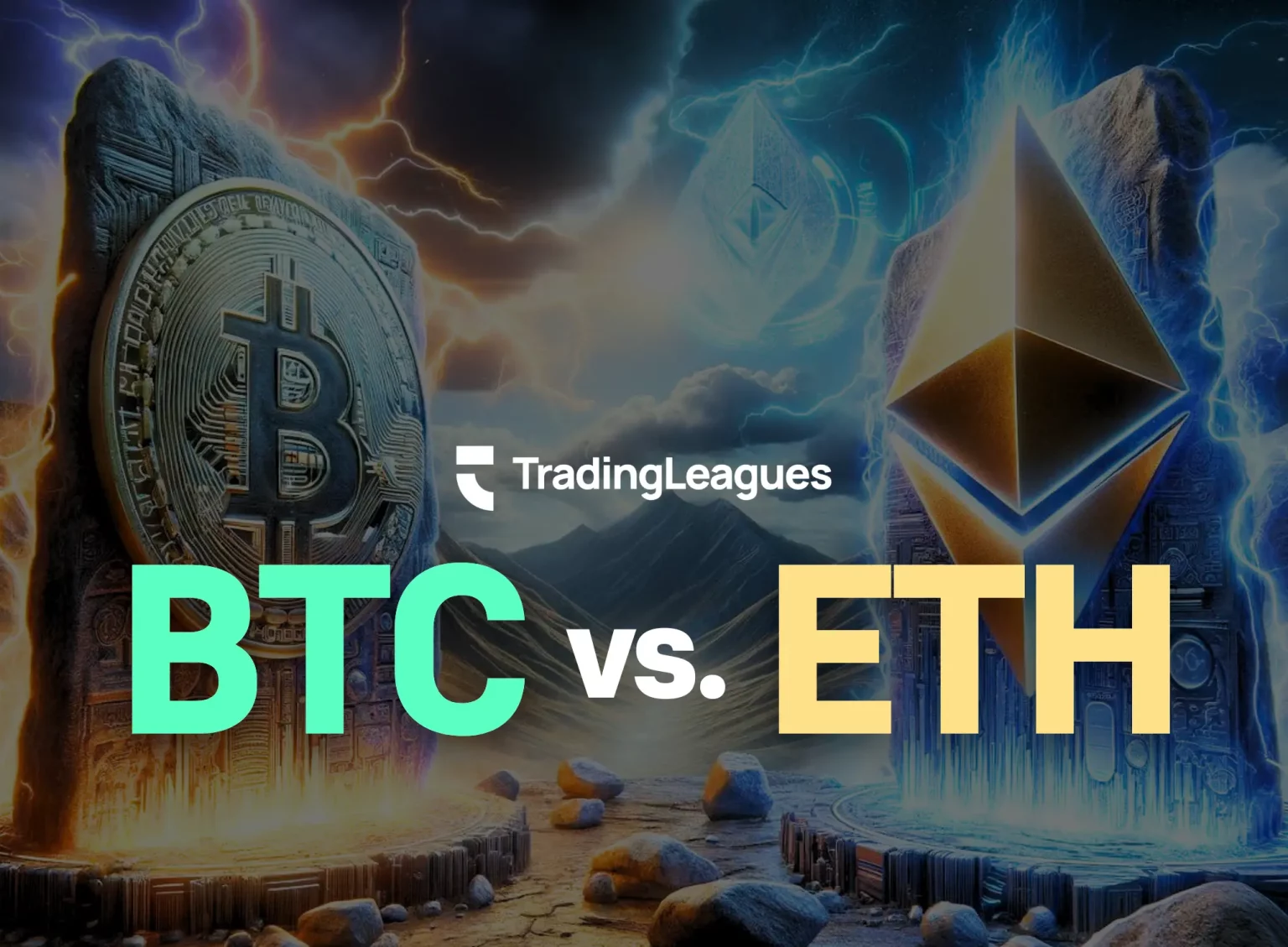In the rapidly evolving world of cryptocurrencies, Bitcoin and Ethereum stand out as the two most prominent players, each with its unique features, purposes, and technologies. Understanding the key differences between Bitcoin (BTC) and Ethereum (ETH) is essential for anyone looking to navigate the cryptocurrency landscape, whether you’re an investor, developer, or simply crypto-curious. This comparison aims to elucidate the distinct characteristics of Bitcoin and Ethereum, shedding light on their respective strengths and potential future directions.
Bitcoin: The Digital Gold
Bitcoin, introduced in 2009 by an entity known as Satoshi Nakamoto, is the first and most well-known cryptocurrency. Designed as a digital alternative to traditional currencies, Bitcoin’s primary aim is to enable peer-to-peer transactions without the need for a central authority. It has been widely adopted as a digital store of value, often referred to as “digital gold”.
Ethereum: The Decentralized Platform
On the other hand, Ethereum, proposed by Vitalik Buterin in 2013 and launched in 2015, extends the blockchain’s utility beyond mere financial transactions. Ethereum is a decentralized platform that runs smart contracts: applications that run exactly as programmed without any possibility of downtime, fraud, or third-party interference. This capability has paved the way for decentralized finance (DeFi) and non-fungible tokens (NFTs), among other innovations.
Key Technological and Functional Differences
- Consensus Mechanisms: While both started with proof-of-work (PoW), Ethereum is transitioning to proof-of-stake (PoS) to improve scalability and reduce its environmental footprint.
- Transaction Capabilities: Ethereum’s block time is significantly shorter than Bitcoin’s, facilitating quicker transactions and enabling a higher volume of transactions per second.
Applications: Ethereum’s support for smart contracts allows for a wide range of applications beyond simple transactions, such as automated protocols and digital collectibles, which Bitcoin does not natively support.
Investment Insights
For investors, Bitcoin offers a stable store of value with potential for long-term growth, whereas Ethereum presents a dynamic investment opportunity due to its broad application potential and ongoing technical upgrades.
The Future of Bitcoin and Ethereum
Both Bitcoin and Ethereum face volatility and regulatory scrutiny. However, their ongoing development and the growing acceptance of blockchain technology suggest a robust future. Ethereum’s upgrades, including the transition to PoS, aim to address scalability and efficiency, broadening its potential use cases. Meanwhile, Bitcoin continues to solidify its status as a decentralised digital currency and store of value.
Conclusion
Bitcoin and Ethereum, each with its strengths and use cases, are foundational to the cryptocurrency world. Bitcoin’s simplicity and stability contrast with Ethereum’s versatility and innovation. As the crypto ecosystem continues to expand, both will likely play crucial roles, demonstrating the diverse potential of blockchain technology.
This comparison between Bitcoin and Ethereum highlights their foundational differences, technological nuances, and the unique opportunities they offer to users and investors alike. Understanding these distinctions is crucial for making informed decisions in the dynamic and complex landscape of cryptocurrencies.






